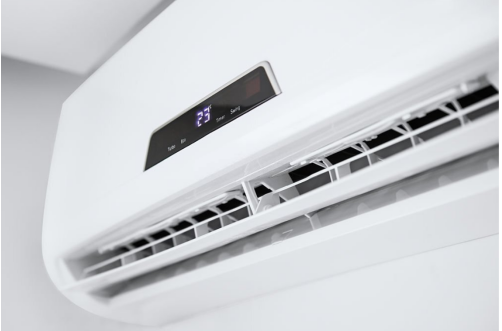
Understanding Heat Pump Installation and Its Associated Costs
Heat Pump Installation: An Essential Guide to Costs and Procedures
Heat pumps have gained prominence in recent years, particularly due to their energy efficiency and environmental benefits. The decision to install a heat pump, however, often comes with two major concerns: the process of heat pump installation and the heat pump cost. But don’t worry! By the end of this article, you will have a clearer understanding of both.
Why Consider Heat Pump Installation?
Before delving into the intricacies of installation and cost, it’s beneficial to understand why heat pumps have become a preferred choice for many. They are essentially devices that transfer heat from one place to another. In the winter, they extract heat from the outside air (yes, even when it’s cold!) and move it indoors. Conversely, in the summer, they extract heat from inside your home and release it outside. The process is not only efficient but also environmentally friendly.
According to the U.S. Department of Energy, heat pumps can reduce electricity use for heating by approximately 50% compared to furnaces and baseboard heaters.
The Steps Involved in Heat Pump Installation
Assessment and Planning: Before the actual installation, a professional will assess your home’s structure and layout. This step ensures that the heat pump is appropriately sized and correctly positioned.
Choosing the Right Heat Pump: There are various types, including air-to-air, water source, and geothermal. Each has its pros and cons, and the selection largely depends on your home’s needs and geographical location.
Installation: A skilled technician will handle the installation. It’s crucial to have an expert because proper installation can make a significant difference in efficiency.
Testing: After installation, the system is tested to ensure everything functions correctly.
Factors Influencing Heat Pump Cost
When considering the heat pump cost, it’s not just about the upfront price. Here are the key elements that play a role:
Type of Heat Pump: As previously mentioned, there are different types. Generally, geothermal pumps are more expensive than air-to-air ones.
Size and Capacity: Larger homes or those with open layouts might require bigger, more powerful units.
Installation Complexity: If your home requires extensive ductwork or modifications, the cost can increase.
Brand and Quality: High-quality pumps with better efficiency ratings might have a steeper price, but they can lead to long-term savings on energy bills.
Location: If you live in an area where professionals are scarce or where specific permits are needed, the price might be higher.
You can check out this calculator from ENERGY STAR for an estimate on potential savings based on your location and the type of heating/cooling system you’re replacing.
Is the Heat Pump Cost Worth It?
Many homeowners find that while the initial heat pump cost might be higher than other heating or cooling systems, the long-term savings, efficiency, and eco-friendliness make it a worthy investment. Additionally, with proper maintenance, these systems can last for many years, ensuring you get value for your money.
Conclusion
In summary, heat pump installation is a procedure best left to professionals, but understanding the steps involved can provide homeowners peace of mind. As for the heat pump cost, while initial expenses can be relatively high, the benefits of efficiency, sustainability, and potential savings make it an investment worth considering.
If you’re looking to make your home more energy-efficient and environmentally friendly, a heat pump might just be the answer. Before making a decision, always consult with professionals and gather multiple quotes to ensure you get the best deal.







